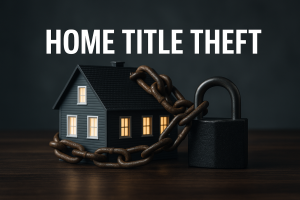Mortgage Loans
 It is sad that we are all culturally conditioned to get the biggest house that we can “afford.” And by “afford” we are talking about affording “the monthly payments” (not really being able to afford the house). If you take this too far and borrow too much you can end up being “house poor.” What that means is that your payments for your home are so significant to your own financial situation that you don’t have enough money left over for other needs and obligations. Just because someone will give you a loan doesn’t mean it works for you. It is critical that you look at the payment compared to your other monthly obligations to make sure it fits into your budget without creating an undue hardship on you.
It is sad that we are all culturally conditioned to get the biggest house that we can “afford.” And by “afford” we are talking about affording “the monthly payments” (not really being able to afford the house). If you take this too far and borrow too much you can end up being “house poor.” What that means is that your payments for your home are so significant to your own financial situation that you don’t have enough money left over for other needs and obligations. Just because someone will give you a loan doesn’t mean it works for you. It is critical that you look at the payment compared to your other monthly obligations to make sure it fits into your budget without creating an undue hardship on you.
If you can do a 15 year mortgage rather than a 30 year without creating an undue hardship you may want to consider it. Becoming mortgage debt free 15 years earlier can be a tremendous advantage to your financial future. Another option is to take the 30 year mortgage but make additional principal payments that gets you on a 15 year pace. If you are going to do this you need to be really disciplined or put it on an automatic payment, as it will be too tempting to skip some months when you would rather spend the money on something else. The one advantage of paying down a 30 year mortgage at a 15 year pace is that if a financial crisis ensues, you are only obligated for the 30 year payment (instead of being obligated to a much larger 15 year payment). In other words, you would have more financial headroom in case of a financial crisis.
I’m not a big fan of an interest only mortgage, as you are making no financial headway (you are just paying interest). Often people do this so they can “afford” a house that is out of reach financially with a traditional mortgage. I see this really as renting rather than owning since you are just making payments to live there but not making equity progress from a payment perspective. Some have done this in markets that are expected to have significant price appreciation, making a play to make a profit from the equity gain while paying as little as possible. This is somewhat of a risk (leverage cuts both ways).
I’m also not a big fan of a mortgage over 30 years. In my opinion, if you need to take out a mortgage that long in order to afford the payments, you are probably buying too much house.
Another cost of a mortgage loan that you want to avoid is PMI. PMI = Private mortgage insurance. This is generally required for anyone that puts down less than 20% of the purchase price of a home. This can add a significant amount to your monthly payment. This insurance is for the lender (in case you can’t make the payments) but you pay for it. The only way to get out of this is to put down at least 20% or request that it be dropped once your home value increases and your equity position gets you to 20%. Check with your lender to find out how this process works (what proof do they need). In many cases you will need to pay for an appraisal to prove that you have the 20% equity.
Related Article: Stop Paying PMI
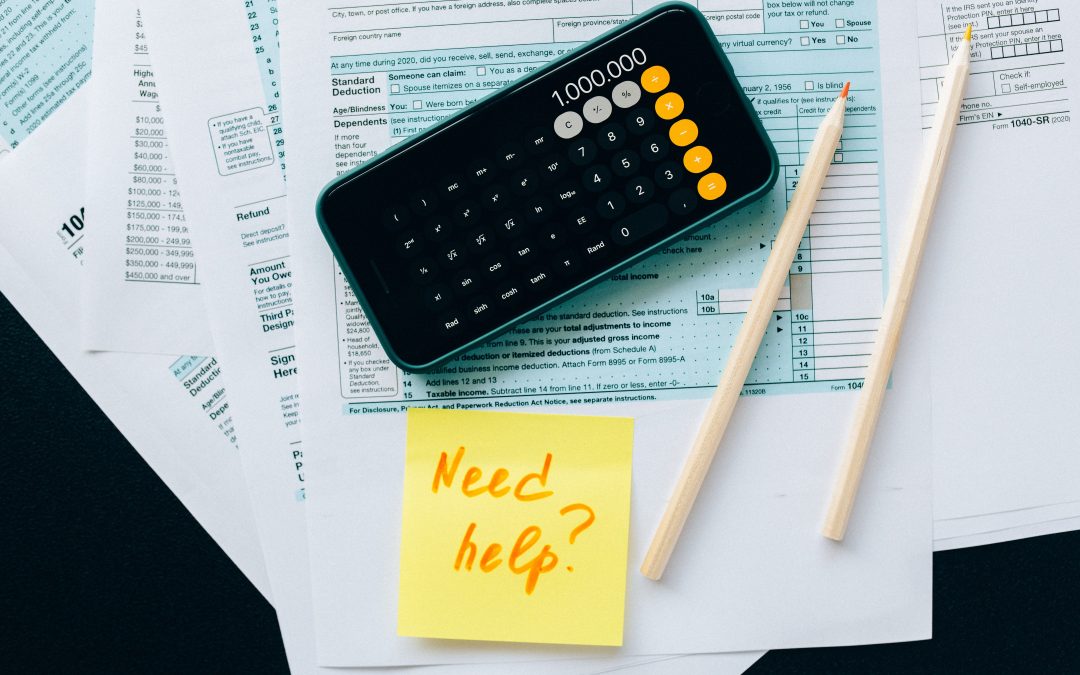
There is Still Time to adjust your tax withholding this year
With a few months to go, you can still adjust your withholding with the federal government to avoid a large underpayment or a large refund. Ideally you would check your tax situation a few times per year, but better late than never! Avoid a large underpayment penalty...

Should I put my social security number on an application form?
With all the online fraud and risk of identity theft, it is important than ever to stay vigilant when dealing with sensitive information, such as your social security number. Just because someone puts a form in front of you and asks you to complete it, does not mean...
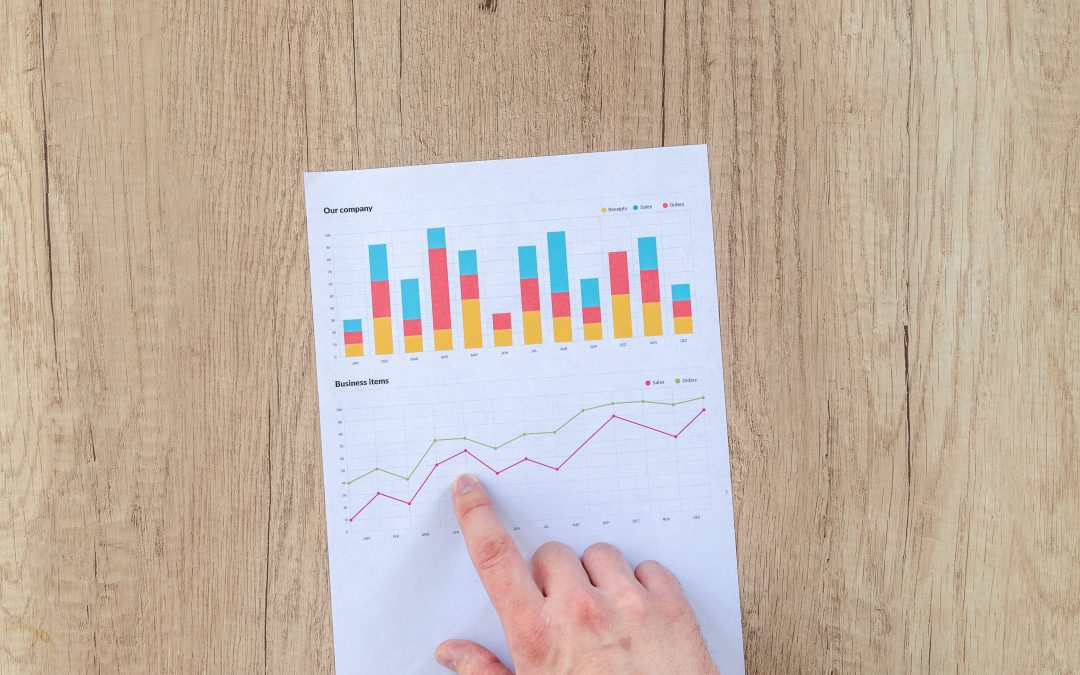
Best Small Cap index ETFs to Compliment your Equity portfolio
If your investment objective is to hold the United States equity market as part of your investment portfolio, Small Cap index funds are likely an important piece to the puzzle. If you hold mutual funds or Exchange-traded funds ("ETF") as an investor, it makes sense to...

How to protect your RFID credit card from scanners
More and more credit cards have the chip enabled RFID (Radio-Frequency Identification) technology. This uses radio frequencies that allows your card to talk to the store's card reader. This is convenient because you can easily just wave your card by the payment...
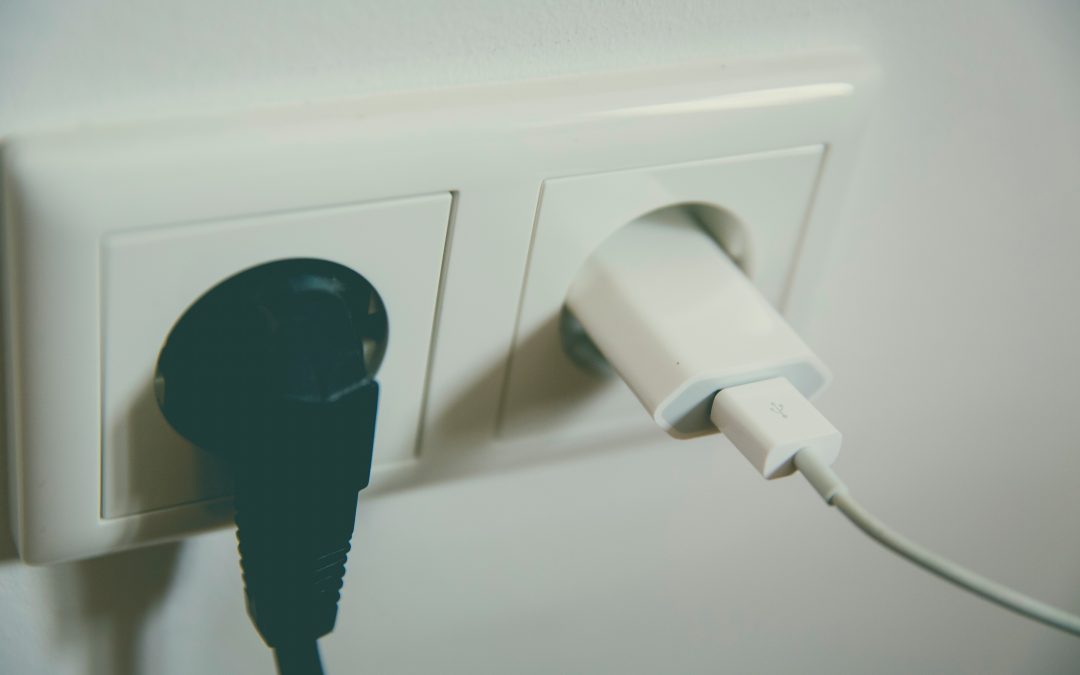
Best tips to lower your Electric Bill
With the high cost of everything these days, electricity is one of the areas where we can all make some adjustments to reduce consumption, which in turn reduces cost. With more electric cars soon to be hitting the marketplace in the coming years, the demand for...

Roth contributions vs Traditional retirement deferrals
Making retirement plan contributions is one of the most important financial decisions you will make during your working years. It's important to understand the key differences so you can make an informed decision. The good thing is that your retirement plan decisions...
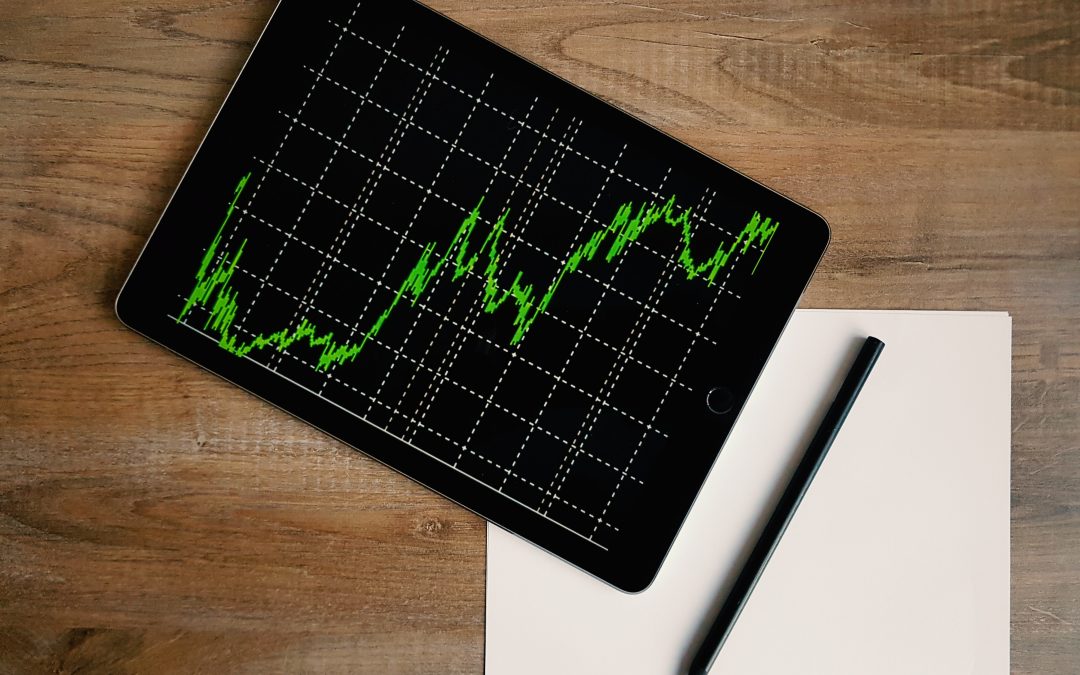
Charles Schwab: Best low cost ETFs and index funds
Charles Schwab is one of the top major investment companies offering a wide array of low cost ETFs and index funds for the average investor. Their two major competitors, Vanguard and Fidelity, also offer low cost index funds and ETFs. All of this competition has...

Energy tax credit for natural gas tankless water heaters
Win - Win for you Get an improved water heater can be a win for you in two ways. First, you save on future energy costs by getting a more efficient unit that uses less energy. Second, there are tax credits and incentives that get you money back to improve the return...
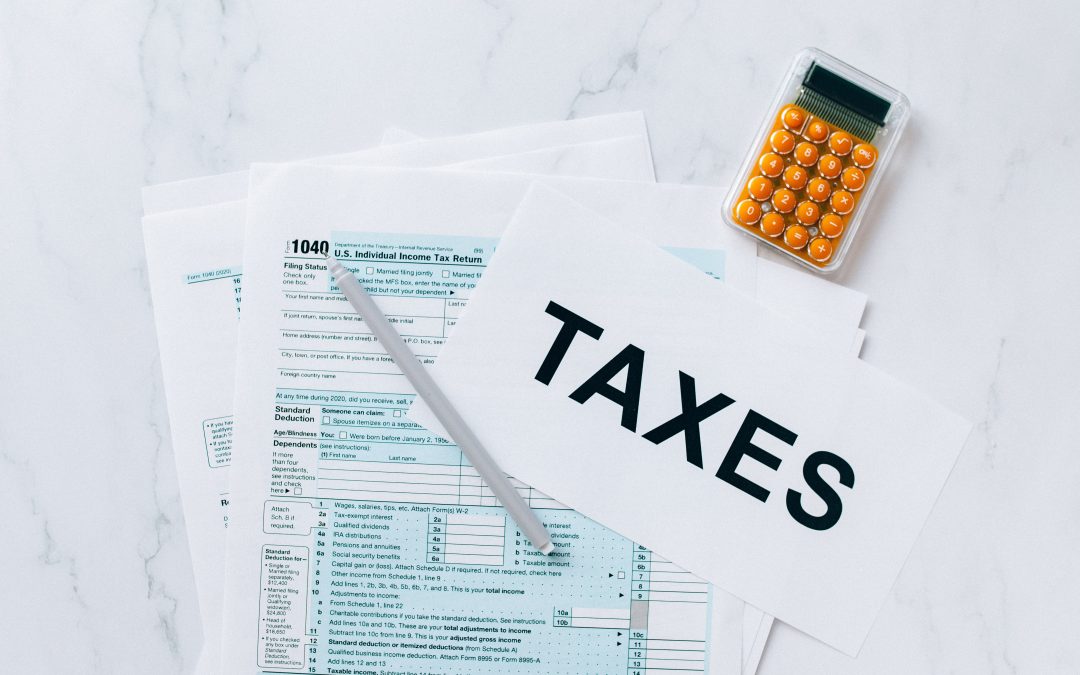
IRS forms 1099 and 1040: What are the differences?
In the United States we all have to file a tax return as individuals to report our income taxes. Forms 1099 and 1040 are extremely common, so having a good general handle on what they do and how they work will make tax season much less intimidating and confusing. Tax...

Top tips to save you money on prescription drugs
Prescription drugs can be really expensive, especially the brand-name drugs. It's been stated that a pretty high percentage of prescriptions get abandoned at the time of pickup at the Pharmacy counter once the customer gets sticker shock and realizes how much their...

